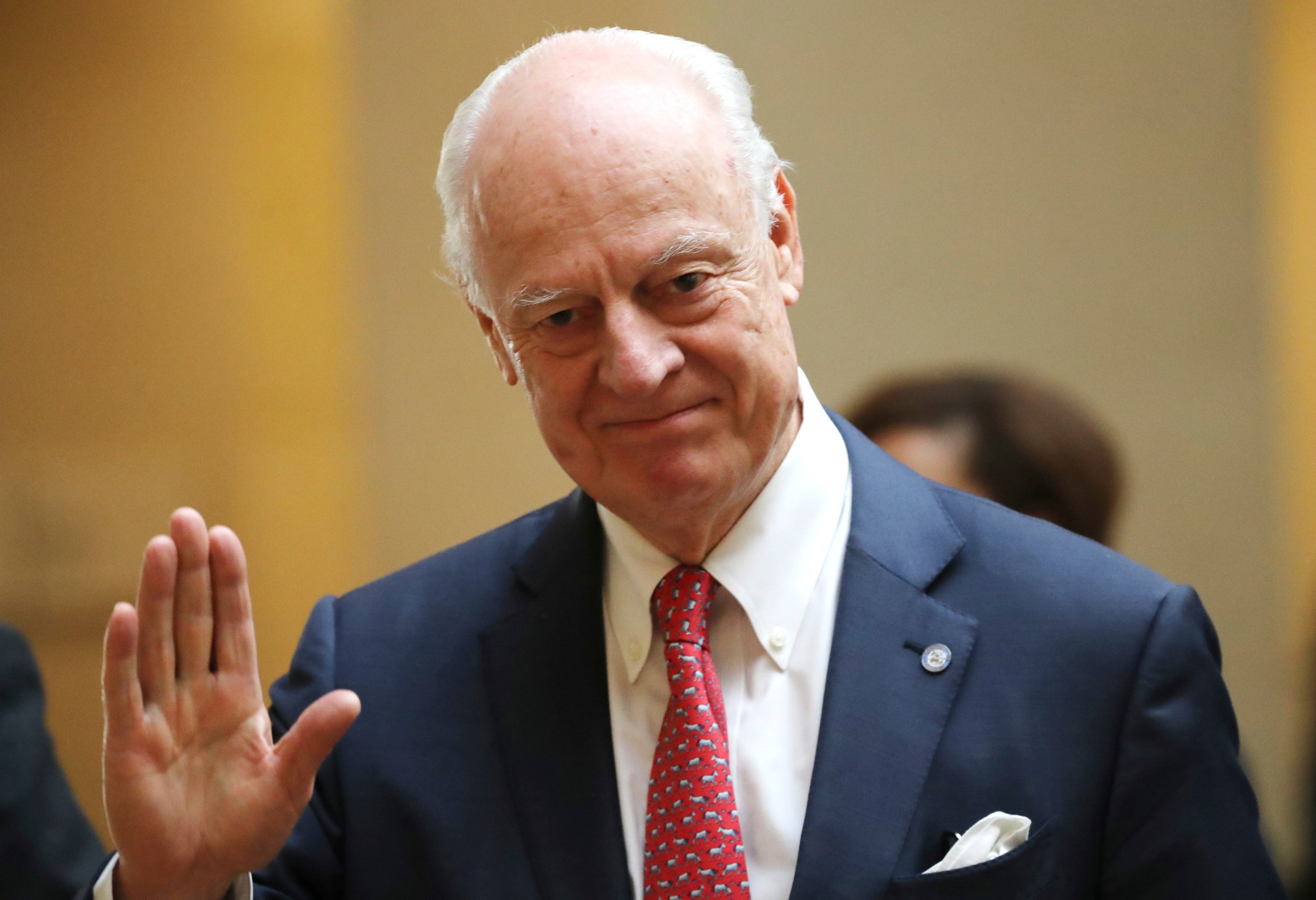UN extends mandate for UN peacekeepers in Western Sahara, with Algeria protesting over human rights
The U.N. Security Council has voted to extend the mandate of the U.N. peacekeeping force in the Western Sahara for another year Thursday with Algeria refusing to vote in protest at the resolution’s failure to include a reference to monitoring human rights in the disputed north African territory

The U.N. Security Council voted to extend the mandate of the U.N. peacekeeping force in the Western Sahara for another year Thursday with Algeria refusing to vote in protest at the resolution’s failure to include a reference to monitoring human rights in the disputed north African territory.
The vote was 12 countries in favor, Russia and Mozambique abstaining, and Al geria, which supports the Polisario Front, one of the parties to the nearly 50-year dispute, not voting.
Morocco annexed Western Sahara, a former Spanish colony in 1975, sparking a conflict with the Algerian-backed pro-independence Polisario Front. The region is believed to have considerable offshore oil deposits and mineral resources and is slightly larger than the United Kingdom.
The U.N. brokered a 1991 cease-fire and established a peacekeeping mission to monitor the truce and help prepare a referendum on the territory’s future. Disagreements over who is eligible to vote have prevented the referendum from taking place, and Morocco insists it will now only support autonomy for the Western Sahara.
The Polisario Front renewed armed conflict in 2020, ending a 29-year truce, and tensions have escalated.
Algeria’s U.N. Ambassador Amar Bendjama tried unsuccessfully to get two amendments inserted into the U.S.-drafted resolution, and lashed out at the United States for reportedly not including its requests including for the U.N. mission known as MINURSO to monitor human rights in Western Sahara in the resolution.
U.S. deputy ambassador Robert Wood said the resolution makes clear the Security Council’s support for Staffan de Mistura, the secretary-general’s personal envoy to Western Sahara, “as he intensifies efforts to advance an enduring and dignified resolution for Western Sahara without further delay.”
Wood said it is “more urgent than ever to reach a political solution for Western Sahara,” noting that U.S. Secretary of State Antony Blinken recently reiterated that the U.S. views Morocco’s autonomy proposal “as serious, credible, and realistic and one potential approach to satisfy the aspirations of the people of Western Sahara.”
Earlier this month, U.N. envoy de Mistura proposed dividing Western Sahara as one potential way to satisfy both sides and give residents a chance to decide under who they want to live, but he told the council that both Morocco and the Polisario Front showed “no sign of willingness to explore it further.”
Bookmark popover
Removed from bookmarks